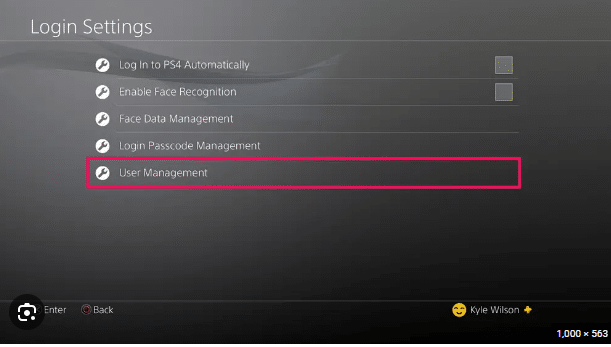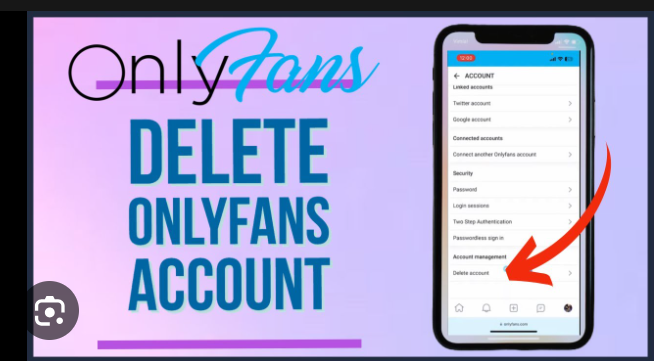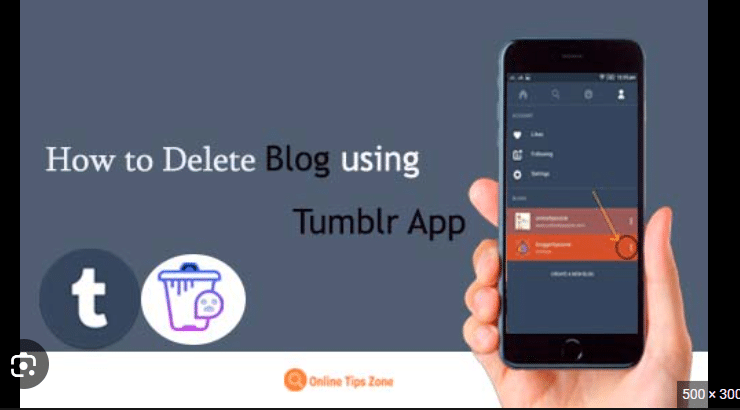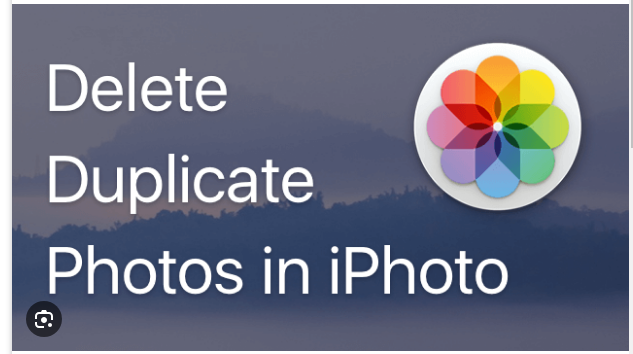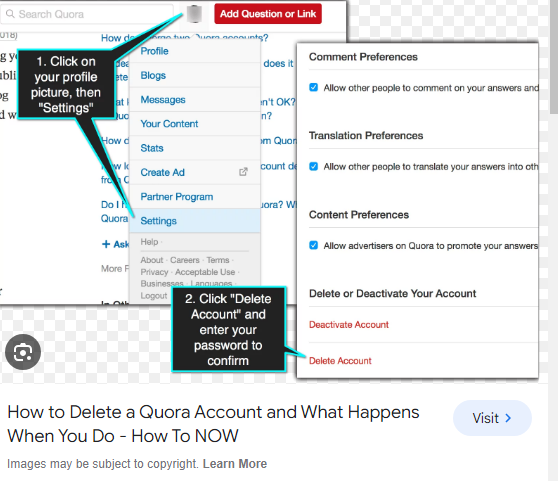How to Delete Github Account
GitHub, a platform that has become synonymous with collaborative coding and open-source development, is a powerhouse for developers worldwide. However, there might be instances where you decide to part ways with your how to delete GitHub account for various reasons, be it a career shift, a change in coding preferences, or privacy concerns. If you find yourself at this crossroads, fear not, for we’ve got you covered with a step-by-step guide on how to gracefully bid adieu to your GitHub account.
Why Delete Your GitHub Account?
Before we delve into the intricacies of account deletion, it’s essential to understand why you might want to part ways with GitHub. Reasons can range from wanting to discontinue coding projects, maintaining a lower digital profile, or even transitioning to alternative version control platforms. Whatever your motive, understanding the process ensures a smooth departure from the platform.
Step 1: Log In and Review
The first step is the most straightforward: log in to your GitHub account. Once logged in, take a moment to review your repositories, projects, and any other content associated with your account. Ensure that all active projects are either transferred to another user or appropriately archived. Cleaning up your GitHub presence before deletion is essential to avoid unintentional loss of valuable data.
Step 2: Access Account Settings
Navigate to your account settings by clicking on your profile picture in the top right corner of the GitHub homepage. A drop-down menu will appear; choose “Settings” from the list. Once you’re in the settings section, look for the “Account” tab on the left-hand side.
Step 3: Start the Deletion Process
In the account settings, scroll down until you find an option that says “Delete account.” GitHub, understanding the gravity of this decision, may request your password before allowing you to proceed. Enter your password to confirm your identity and continue with the account deletion process.
Step 4: Verify Your Decision
Before GitHub allows you to delete your account, it typically asks for additional verification. This may include solving a CAPTCHA or responding to prompts to ensure that the account closure request is intentional. Take this step seriously, as it prevents accidental account deletions.
Step 5: Confirm Account Deletion
Once you’ve successfully navigated the verification steps, GitHub will prompt you to confirm your decision to delete your account. This is the point of no return, so be certain about your choice. GitHub may also ask for feedback on your decision, providing an opportunity to share your thoughts about your experience with the platform.
Step 6: Backup Important Data
Before confirming the account deletion, consider backing up any data you might want to keep. This includes repositories, issues, and other valuable information associated with your account. GitHub provides export options for repositories, making it easier to preserve your work even after the account is deleted.
Step 7: Notification Email
After successfully confirming the account deletion, GitHub will send a notification email to the address associated with your account. This email serves as a final confirmation and may include details about the data retention policy. It’s crucial to review this email for any additional information or steps you might need to take.
Step 8: Patience is Key
Following the confirmation, GitHub initiates the account deletion process. Keep in mind that this process may take some time. GitHub doesn’t remove accounts immediately to allow for potential account recovery if the deletion was accidental. Be patient, and soon you’ll receive a final email confirming the successful deletion of your GitHub account.
Conclusion
Deleting your GitHub account is a significant decision, and following these steps ensures that you navigate the process smoothly. Whether you’re transitioning to other platforms, taking a coding hiatus, or simply reducing your digital footprint, knowing how to gracefully exit GitHub is a valuable skill. As you bid farewell to your GitHub repositories and contributions, remember that the coding world is vast and dynamic, and your journey doesn’t end with the closure of a GitHub account.


